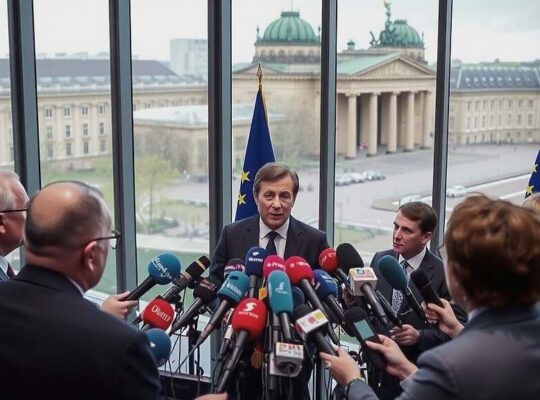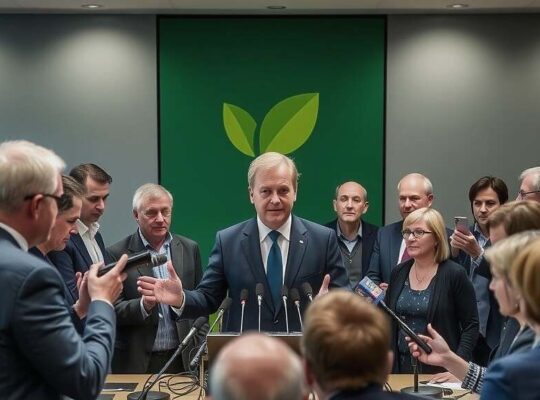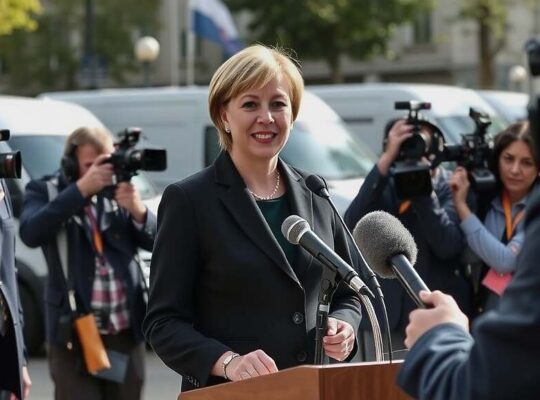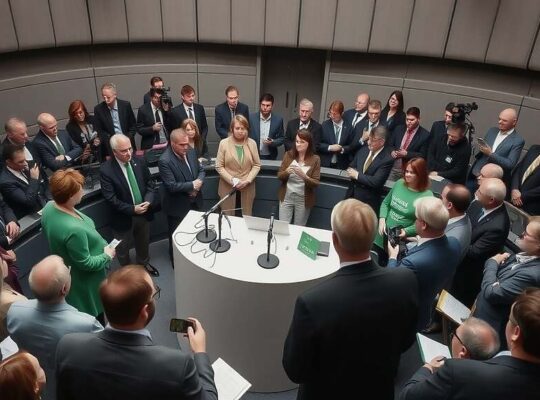The United States Senate on Monday evening cleared a path toward ending the ongoing government shutdown, approving a short-term funding bill by a vote of 60 to 40. The measure, which would temporarily finance government operations through January and provide specific agencies funding until September, now faces a critical test in the House of Representatives.
The breakthrough, however, is far from a resolution and underscores the deep partisan divisions gripping Washington. While the Senate vote provides a much-needed reprieve from the record-length shutdown, the bill’s passage was achieved only through a significant breach within the Democratic caucus. Eight Democratic senators deviated from party lines to facilitate the vote, a concession that highlights the immense pressure to avert further economic disruption.
The core of the impasse remains the Affordable Care Act, commonly known as “Obamacare”. Democrats’ insistence that the bill include provisions to extend premium subsidies beyond 2025 – a critical lifeline for millions of Americans – was ultimately unmet. The absence of these provisions means that average health insurance premiums are poised to double, disproportionately impacting senior citizens and low-income individuals. The Republicans, aligned with the Trump administration’s policy objectives, have consistently opposed these extensions.
The compromise necessitates a House vote, where the Republican majority presents a formidable challenge. The House’s reluctance to engage with the ACA funding debate and potential delays caused by disruptions to air travel – a direct consequence of the shutdown – threaten to prolong the instability.
The eight Democratic senators who crossed party lines have secured a promise of a vote on broader healthcare legislation, without a predetermined outcome. Similarly, funding for vital food assistance programs will be extended. However, the underlying issues remain unresolved, suggesting that this temporary reprieve is merely a pause in a protracted political battle, leaving the long-term stability of vital government services and healthcare access hanging precariously in the balance. The critical question now is whether the House will capitalize on this fragile window of opportunity or further exacerbate the political gridlock.












